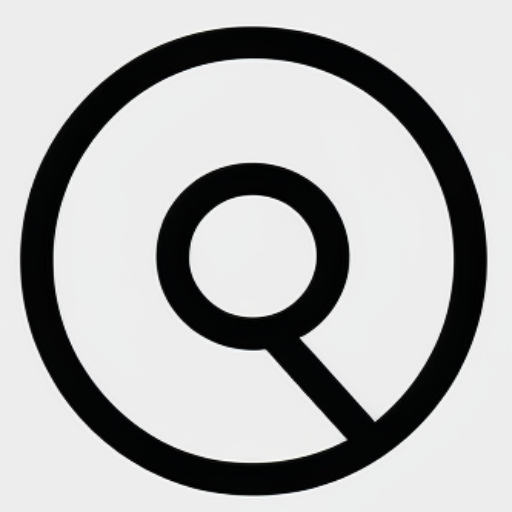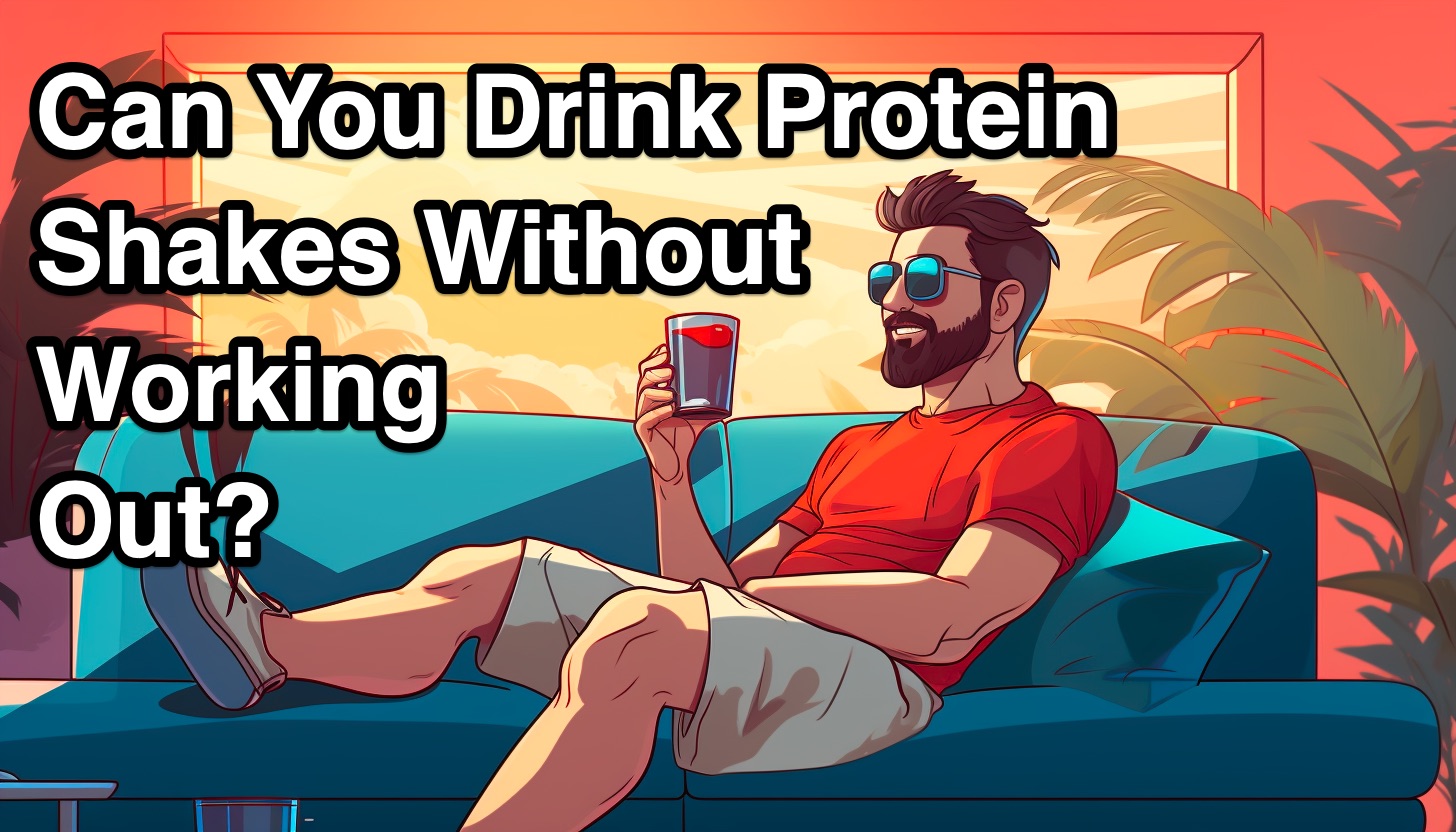Ah, the age-old question: to shake or not to shake when you’re not breaking a sweat. Look, protein shakes aren’t some magical elixir that you can only consume if you’ve just bench-pressed a car. They’re just a convenient source of protein. That’s it. No need to overcomplicate things.
If you’re not working out, you can still have a protein shake, but you’ve got to consider a few things. First, what’s the rest of your diet like? If you’re already scarfing down chicken breasts and lentils like there’s no tomorrow, adding a protein shake might be overkill. Too much protein can lead to unnecessary caloric intake and, in extreme cases, kidney issues.
Second, what’s your goal? If you’re trying to gain muscle, protein shakes can help you meet your daily protein needs. But if you’re not working out, you’re not going to magically sprout muscles just because you’re downing shakes. You might just gain weight, and not the kind you’d be proud to flex.
Lastly, let’s talk quality. Not all protein shakes are created equal. Some are packed with sugar and artificial crap. If you’re going to have one, opt for a high-quality, low-sugar option.
The Science-Backed Deep Dive
Let’s look in more detail at what happens if you drink protein shakes without working out.
Protein Metabolism
First off, let’s talk about what protein does. Protein is essential for cellular repair, immune function, and muscle growth. When you consume protein, it’s broken down into amino acids, which are the building blocks your body uses for a myriad of functions. A study published in the Journal of the International Society of Sports Nutrition explains that protein synthesis is a naturally occurring process whether you’re exercising or not.1
Caloric Intake
However, protein shakes aren’t calorie-free. If you’re not burning those extra calories through exercise, they can contribute to weight gain. A paper in the American Journal of Clinical Nutrition showed that excess protein could be stored as fat if caloric intake exceeds expenditure.2
Nutrient Timing
The timing of protein intake is often emphasized in the context of post-workout recovery. But the “anabolic window,” the idea that you need to consume protein immediately after a workout for maximum gains, has been largely debunked. A meta-analysis in the Journal of the International Society of Sports Nutrition found that the timing of protein intake doesn’t significantly affect muscle strength or hypertrophy.3
Nutrient Utilization
If you’re drinking protein without working out, your body will still use the protein for other functions like cellular repair and immune function, but not as efficiently for muscle growth. According to a study in Nutrients, muscle protein synthesis rates are higher post-exercise, meaning your body utilizes protein more efficiently for muscle repair and growth when you’re active.4
Potential Downsides
Excessive protein intake without exercise could also put a strain on your kidneys, although this is generally a concern for those with pre-existing kidney issues. A review in the International Journal of Sport Nutrition and Exercise Metabolism suggests that high protein diets are not harmful for healthy individuals but could be problematic for those with kidney dysfunction.5
Hidden Sugars and Additives in Commercial Protein Shakes
Ah, the fine print. Those ingredient lists on the back of protein shake labels can read like a chemistry exam. And while some of those long, unpronounceable words are harmless, others are code for “sugar” or “artificial additives.” These extras can negate any health benefits you were hoping to gain. So, be a label detective; know what you’re putting into your body.
Weight Gain?
Most protein shakes contain 100-300 calories. And for the most part, liquid calories are stealth calories: the don’t make us feel full, and we tend to consume more calories overall if we consume a lot of liquid calories.6
When Whole Foods Are a Better Option
Here’s the deal: whole foods offer something that supplements just can’t—complexity. Take an egg, for example. Along with high-quality protein, you’re getting a dose of healthy fats, vitamins, and minerals. It’s like the Swiss Army knife of nutrition. So if you have the time and means to opt for whole foods, they’re usually the better bet. You absolutely can meet your protein needs through whole food sources, especially when you’re not pushing your body to its physical limits.
So, to sum it up: Yes, you can drink protein shakes without working out, but it’s not the most efficient use of those nutrients. If you’re going to fuel up, make sure you’re also burning that fuel. Otherwise, you’re just stockpiling for a journey you’re not taking.
Recommended reads
Here are some articles I found on the web that also cover this topic and that I found insightful and valuable if you want to go deeper, or look for more trustworthy resources than a little website called OMROK 😉
- What Happens if You Drink Protein Shakes Without Exercising?
The article from Livestrong discusses the implications of consuming protein shakes without engaging in exercise. It points out that protein shakes can be high in calories and may lead to weight gain if consumed without working out. The article also emphasizes that whole foods like chicken breast are often a better source of protein, as they are more satiating and lower in calories. It suggests that protein shakes are most beneficial for those who are very active, older individuals, or those with specific illnesses. For the general population, protein shakes are more of a “want” than a “need,” and if used as a meal replacement, they should be carefully chosen to avoid added sugars and unhealthy ingredients. - 7 Effects of Drinking Protein Shakes Without Exercise
The article from Gym-Pact delves into the effects of consuming protein shakes without exercising. It highlights that while protein shakes are designed to aid muscle recovery and growth post-workout, taking them without exercise won’t help in muscle building and may lead to weight gain due to their high caloric content. The article also discusses various other effects, such as the potential for kidney problems due to excessive protein intake, the satiating effect that could help with weight loss if used as a meal replacement, and the inclusion of unhealthy ingredients in many protein shakes. It concludes that unless you’re following an exercise program, there’s little reason to consume protein shakes over whole food sources.
References:
- Jäger, R., Kerksick, C.M., Campbell, B.I. et al. International Society of Sports Nutrition Position Stand: protein and exercise. J Int Soc Sports Nutr 14, 20 (2017). https://doi.org/10.1186/s12970-017-0177-8 ↩︎
- Tipton KD, Wolfe RR. Exercise, protein metabolism, and muscle growth. Int J Sport Nutr Exerc Metab. 2001 Mar;11(1):109-32. doi: 10.1123/ijsnem.11.1.109. PMID: 11255140. ↩︎
- Schoenfeld, B.J., Aragon, A.A. & Krieger, J.W. The effect of protein timing on muscle strength and hypertrophy: a meta-analysis. J Int Soc Sports Nutr 10, 53 (2013). https://doi.org/10.1186/1550-2783-10-53 ↩︎
- Moore DR, Churchward-Venne TA, Witard O, Breen L, Burd NA, Tipton KD, Phillips SM. Protein ingestion to stimulate myofibrillar protein synthesis requires greater relative protein intakes in healthy older versus younger men. J Gerontol A Biol Sci Med Sci. 2015 Jan;70(1):57-62. doi: 10.1093/gerona/glu103. Epub 2014 Jul 23. PMID: 25056502. ↩︎
- Martin, W.F., Armstrong, L.E., & Rodriguez, N.R. (2005). Dietary protein intake and renal function. Nutrition & Metabolism, 2, 25. PubMed ID: 16174292 doi:10.1186/1743-7075-2-25 ↩︎
- Almiron‐Roig, E., Y. Chen, and A. Drewnowski. “Liquid calories and the failure of satiety: how good is the evidence?.” Obesity reviews 4, no. 4 (2003): 201-212. ↩︎

